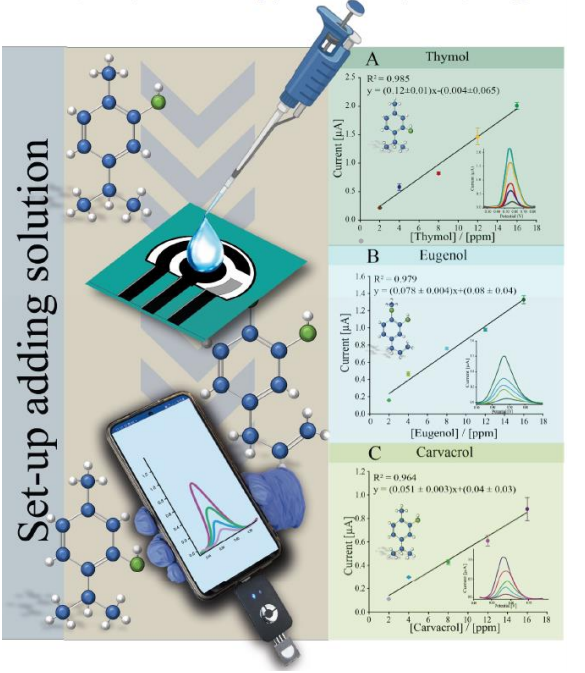
July 17, 2024
Materials Week 2024 Conference – RELIANCE results presented by the Defence Institute for Biomedical Sciences, Italy
The 1st International Conference “Materials Week 2024” took place on June 17th-21rst 2024 at the “Crowne Plaza Hotel” Limassol, Cyprus. It was an international conference on innovative and sustainable materials, a nexus of nanotechnology, digital Transformation and collaborative approaches. The main goal is to bring together the various small and large Research and Innovation (R&I) communities, driving advances in materials innovation across different value chains and industrial markets. The conference provides a cross-disciplinary meeting venue for communication and collaboration over and beyond traditional community boundaries. The aim of the meeting is to combine insights, theories and methods from different fields to address complex issues. In addition, the meeting emphasizes the fluidity of disciplinary boundaries and encourages the free flow of ideas and methods between different fields.
The recent international conference on innovative materials represented a significant advancement in the field of material science and technology. The event brought together experts, researchers, and industry leaders from all over the world to discuss the latest progress and future trends in sustainable materials, nanotechnology and digital transformation. The conference highlighted the importance of sustainability in material development, emphasizing the importance of environmentally friendly and high-performing materials.
Nanotechnology was a central theme. This cutting-edge field offers the potential to revolutionize material properties, providing unprecedented levels of strength, flexibility and conductivity. Discussions centered around the application of nanomaterials in various sectors, such as healthcare and aerospace, to enhance product performance and durability.
Digital transformation's role in material science was also explored extensively. The integration of digital technologies in material development processes can enhance efficiency, predictive modeling of performance, and collaboration across disciplines and borders. Collaboration was a recurring theme throughout the conference, with many speakers advocating for a multidisciplinary approach to material innovation. By merging knowledge from different fields, researchers can accelerate the development of new materials and find holistic solutions to complex problems.
The conference concluded with a call to action for continued collaboration and knowledge exchange. The establishment of international partnerships and networks was encouraged to foster innovation and drive progress in creating materials that will shape a sustainable and technologically advanced future.
The insights and discussions from this conference have set the stage for a new era of material science, characterized by innovation, sustainability, and collaboration. Moving forward, the integration of these elements will be crucial for developing materials that meet the demands of our evolving world.
During the Conference, a joint meeting of Innovation and Collaboration took place among five sister projects: RELIANCE, NOVA, STOP, SUSAAN and NANOBLOC - fostering an environment of mutual growth and discovery though the exchanged insights and experiences. The gathering became a platform for discussions on common challenges, exploring synergies and brainstorming for future cooperative endeavors. It provided an opportunity for each participant to bring their unique perspectives to the table, contributing to a collective pool of knowledge that could drive their projects to new heights.
Such gatherings are crucial in today's fast-paced world, where interdisciplinary approaches and Collaborative efforts can lead to breakthroughs that no single entity could achieve alone. By collaborating, RELIANCE, NOVA, STOP, SUSAAN and NANOBLOC enhance their individual projects and at the same time contribute to the broader goal of advancing their respective fields.
The day was filled with engaging conversations, interactive sessions and workshops allowing participants to delve deeper into specific areas of interest. The exchange of ideas extended beyond present projects to potential future collaborations that could reshape the landscape of antimicrobial nanocoating innovation.
Undoubtedly, the spirit of cooperation during this joint meeting influenced the following conference days, inspiring attendees with the demonstrated power of unity in diversity. The bar was set high, making it exciting to see what new developments unfold as these organizations continue to interact and learn from each another.
The main topics the conference tackled for the rest of the week were as follows:
- Market Needs, Challenges & Opportunities for Materials R&I
- Digital Innovation - Catalyzing the Green & Digital Transition for Innovative Advanced
- Materials and Products
- Digital Transformation - Computational Tools & Platforms for Materials R&I
- Acceleration
- Digital Transformation – Towards a common Materials’ Data Ecosystem
- Frameworks & Methodologies for Materials Safety & Sustainability
- Sustainability & Circularity driven by Advanced Materials
- Materials Innovation & collaborative Approaches for Resilience
- Infrastructure & Methods Requirements for Materials Innovation
RELIANCE partners from the Defence Institute for Biomedical Sciences (ISBD) of Italy attended the conference and reported on results obtained within the project through the presentation of two scientific posters.
New antimicrobial surfaces based on silica mesoporous nanoparticles functionalized with bioactive compounds
These nanoparticles (SMIN), containing metallic copper (Cu) within their structure, are modified with the addition of active compounds of biological origin. These compounds include essential oils (EO) and antimicrobial peptides (AMP), synergistically enhanced with Cu to improve the overall antibacterial and antiviral efficiency of the materials. The functionalization of EOs into the porous substrate enables controlled release of the bioactive compound, regulated by variations in pH or temperature. Additionally, AMPs and Cu, known for well-documented antimicrobial properties, ensure long-term duration of the action. Upon contact with bacteria, Cu ions are released, interfering with various cellular processes essential for microbial survival, including cellular metabolism and DNA synthesis. This synergic action results in growth inhibition or bacterial death. Regarding the viruses, Cu ion binding and cross-linking between the genome strands lead to the damage of viral genomes. Moreover, Cu toxicity from generation of reactive oxygen species (ROS) represents another mechanism for destroying viruses. Therefore, the effective viral inactivation occurs through the combined action of Cu ion attack and ROS generation.
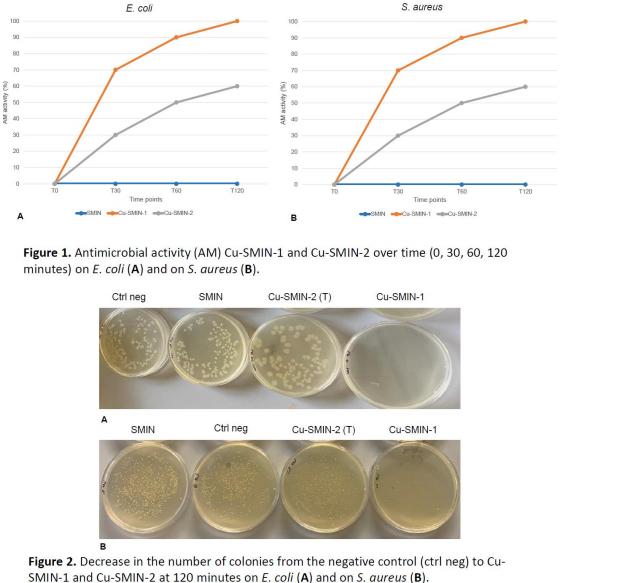
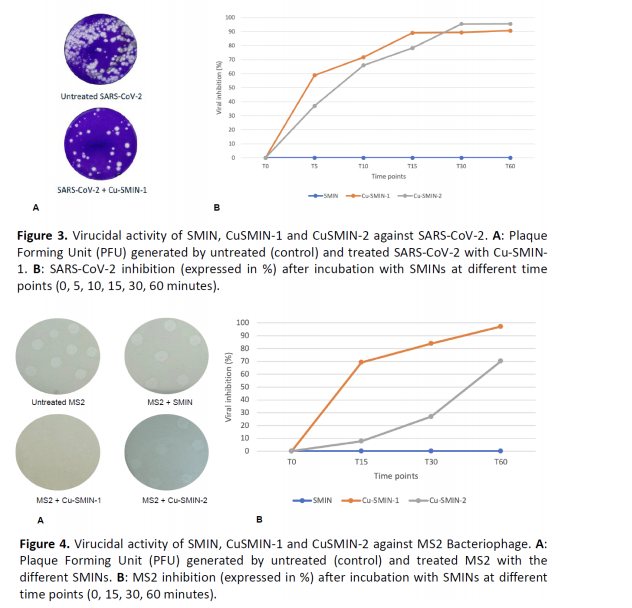
Paper-based electrochemical sensor for the detection of essential oils and SARS-COV-2 virus
These biosensors are capable of selectively detecting target analytes in different fields, including biomedical, environmental, agrifood and defence. The ability to detect analytes of different natures, such as organic molecules or biomolecules, makes these sensors extremely versatile and useful in a variety of contexts, from medical to environmental, to food industry and food safety. Colleagues from UNITOV and ISBD have developed an electrochemical paper-based device for the detection of essential oils (thymol, eugenol and carvacrol), by adding few μL of solution onto the electrode preliminary modified with carbon black, as well as by sampling the target analyte on the surface and in the aerosol phase. To assess the efficacy of surfaces treated with antimicrobial agents, as part of the RELIANCE project objectives, it is crucial to monitor the proliferation of pathogenic bacteria and viruses. In pursuit of this in an eco-friendly manner, a paper-based origami immunosensor to reveal Spike protein of SARS-CoV-2 has been designed.
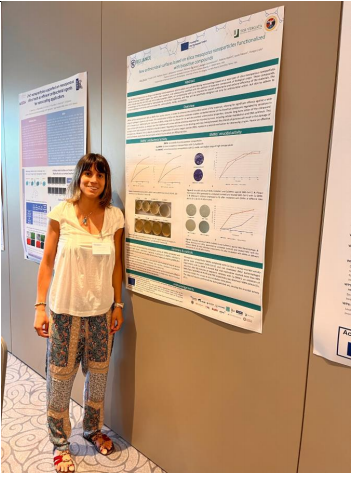
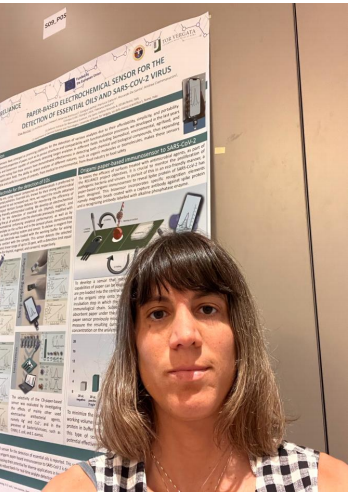
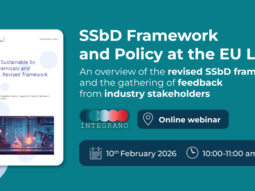
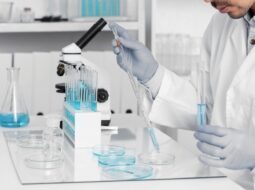
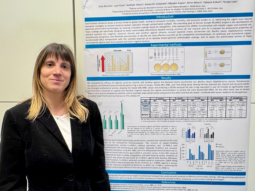
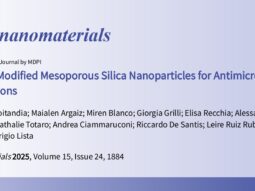
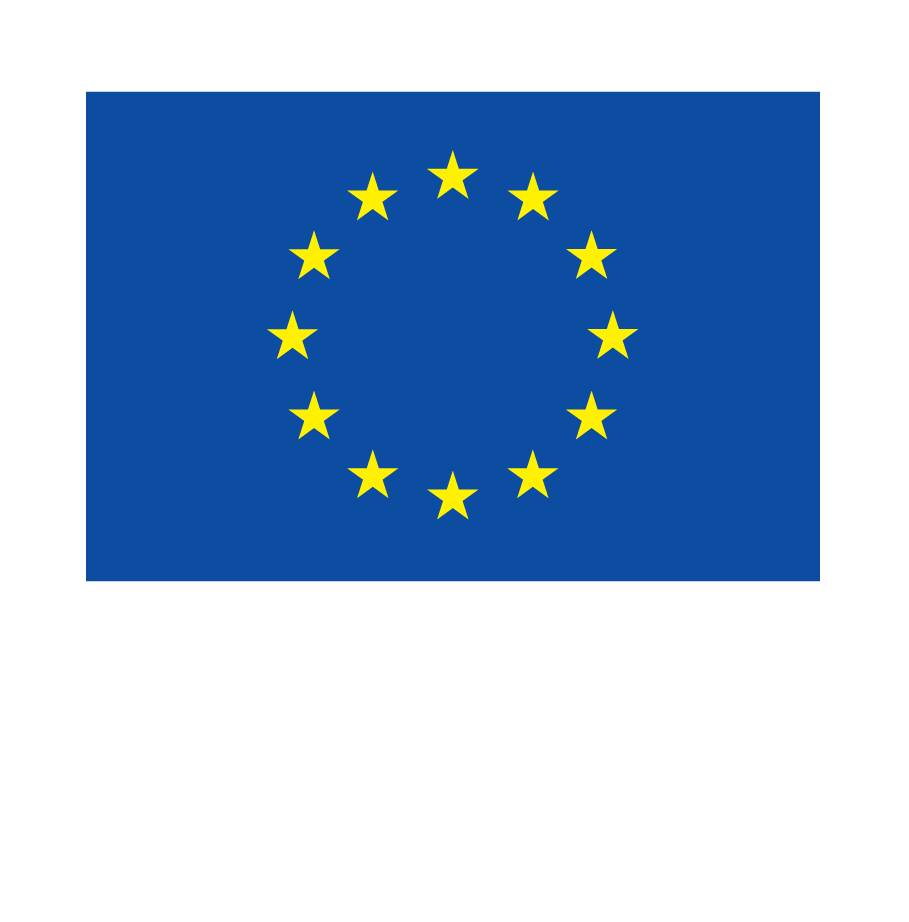
Views and opinions expressed are however those of the author(s) only and do not necessarily reflect those of the European Union or the European Health and Digital Executive Agency (HADEA). Neither the European Union nor the granting authority can be held responsible for them.
© All Rights Reserved 2025 | Reliance-HE
Designed and Developed by Europroject

